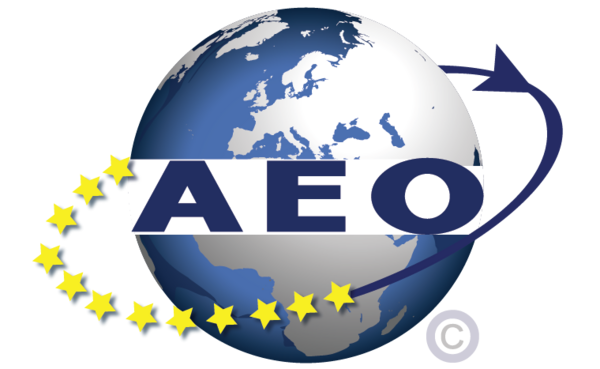The AEO concept is strongly based on the partnership of customs with the economic operator. This implies that the relationship between customs and AEO should be always based on the principles of mutual transparency, correctness, fairness and responsibility.
Customs expects the AEO to act in line with customs legislation and to inform customs about any difficulties to comply with the legislation. Customs should provide support to achieve this.
The EU established its AEO concept based on the internationally recognized standards,
creating a legal basis for it in 2008 through the ‘security amendments’ to the “Community
Customs Code” (CCC) and its implementing provisions. The programme, which aims to
enhance international supply chain security and to facilitate legitimate trade, is open to all
supply chain actors.
An AEO can be defined as an economic operator as laid down in Article 5 (5) UCC who is deemed reliable in the context of his or her customs related operations, and therefore, is entitled to enjoy benefits throughout the EU.
For example, an AEO is entitled to:
- benefit from specific types of simplifications on the basis of the recognition of the
- AEOC as long as the requirements related to a specific type of simplification provided
- for in the customs legislation are fulfilled;
- more favorable treatment than other economic operators in respect of customs
- controls, including fewer physical and document-based controls, with the exception of
- controls related to security and safety measures;
- prior notification in case of selection for customs control;
- priority treatment if selected for control;
- possibility to request a specific place for such control
